The coronavirus infodemic
How the coronavirus sparked a tsunami of misinformation
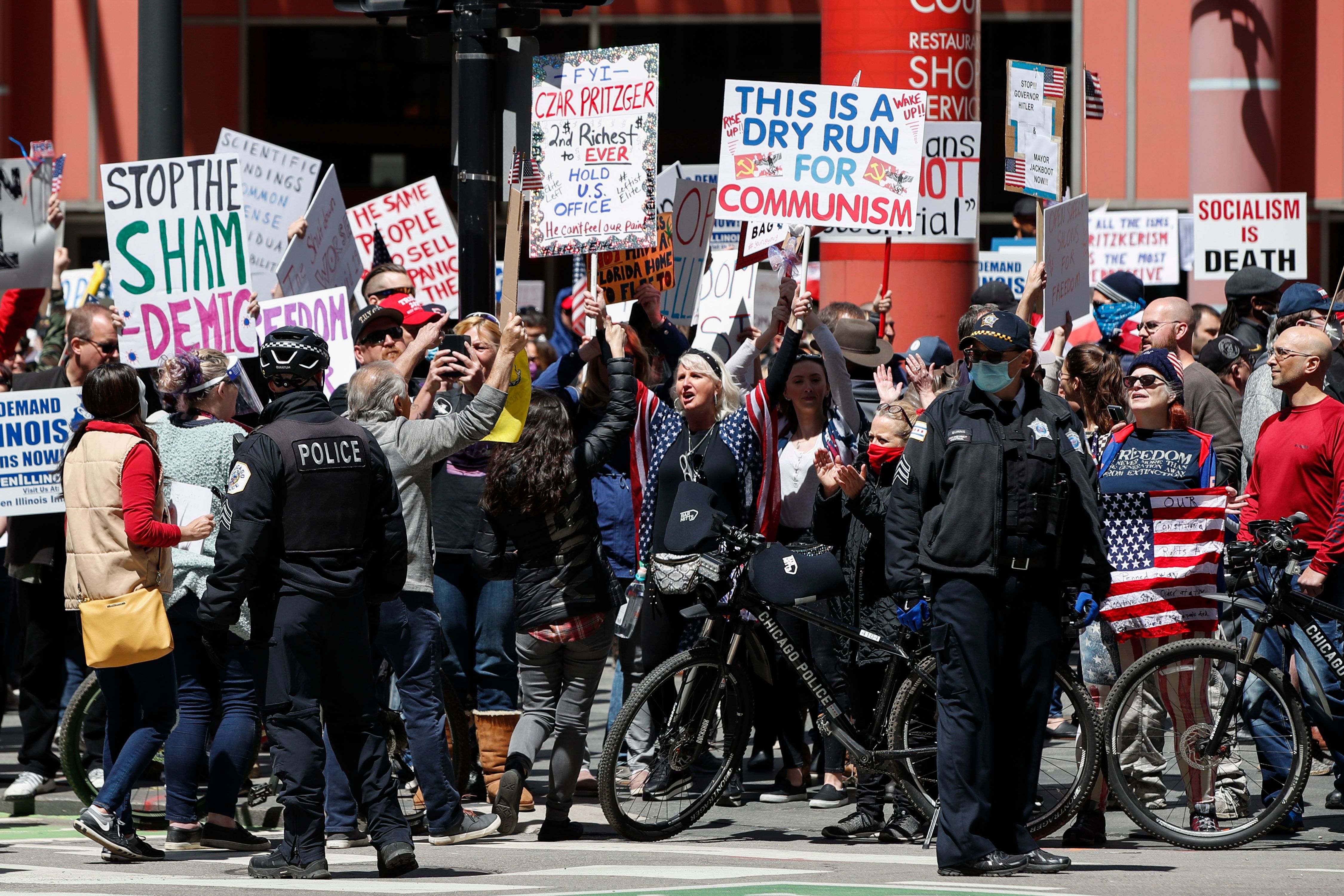
A free daily email with the biggest news stories of the day – and the best features from TheWeek.com
You are now subscribed
Your newsletter sign-up was successful
How the coronavirus sparked a tsunami of misinformation. Here's everything you need to know:
What's being said?
Social media has been awash in lies, rumors, and distortions about the coronavirus, its origins, and potential cures almost since the pandemic's start. NewsGuard, a private company that rates websites' reliability, has identified 203 websites throughout the world promoting COVID-19 misinformation. Among the most popular COVID-19 myths were "Garlic can cure COVID-19," "A group funded by Bill Gates patented the coronavirus," and "The COVID-19 virus is a man-made bioweapon." The World Health Organization is calling the deluge of misinformation "an infodemic," while Google, Facebook, and Twitter are instituting policies to help slow the spread of lies. CEO Mark Zuckerberg's Facebook fact-checkers have "taken down hundreds of thousands of pieces of misinformation," and slapped warnings on 40 million posts during March alone, the company says. Last week, YouTube removed a video titled "Plandemic" that had been viewed millions of times, featuring discredited microbiologist and anti-vaxxer Judy Mikovits. In the video and a book that reached No. 1 on Amazon, Mikovits contends the coronavirus was created and spread by a conspiracy of wealthy people and scientists such as Dr. Anthony Fauci, head of the National Institute of Allergy and Infectious Diseases, to bolster vaccine rates and make money. Mikovits has been claiming her career was destroyed by Fauci and other scientists since she falsely reported in a 2009 study, later retracted by the journal that published it, that a retrovirus caused chronic fatigue syndrome.
The Week
Escape your echo chamber. Get the facts behind the news, plus analysis from multiple perspectives.

Sign up for The Week's Free Newsletters
From our morning news briefing to a weekly Good News Newsletter, get the best of The Week delivered directly to your inbox.
From our morning news briefing to a weekly Good News Newsletter, get the best of The Week delivered directly to your inbox.
What's the motive?
For some, profit; for others, attention. Conspiracy theorist Alex Jones and his InfoWars website have warned their audience that the coronavirus is a man-made tool to winnow the world's population. InfoWars was ordered by the FDA and FTC last month to stop peddling products such as "SuperSilver Whitening Toothpaste," and "Superblue Silver Immune Gargle" that Jones portrayed as coronavirus cures and prophylactics. He and many other websites popular on Facebook are hawking colloidal silver as a cure for coronavirus; taken in large doses, it turns your skin blue. The idea that there is a magical treatment has been promoted by President Trump, who suggested that UV light and disinfectant could be used to kill the virus inside the lungs "almost like a cleaning." He also spent weeks promoting an anti-malaria drug, hydroxychloroquine, as "one of the biggest game changers in the history of medicine." That led to a huge spike in sales of the drug, and to state governments stockpiling 30 million doses of it. Several studies have subsequently found that hydroxychloroquine has no benefit for COVID-19 patients and can cause life-threatening heart arrhythmias.
Why so much disinformation?
Stanford University Professor Robert N. Proctor says humanity has always been susceptible to misinformation during "a time of great fear ... from the burning of witches on up to hydroxychloroquine." Conspiracy theories, he says, make powerless people feel they have some inside knowledge and thus some control over frightening events. Misinformation also spread easily during prior health scares, including the Spanish flu outbreak of 1918, the AIDS epidemic, and SARS in 2003. The fact that so little is known about the coronavirus also fuels the lies and rumors. "It's frustrating when responsible media say, 'Look, we don't know the answers yet,'" said Carl T. Bergstrom, an evolutionary biologist at the University of Washington who studies misinformation.
A free daily email with the biggest news stories of the day – and the best features from TheWeek.com
What are state actors doing?
The State Department has warned that Iran, China, and Russia are using coronavirus propaganda to damage the U.S. and distract their own populations from their poor official response. A Russian state TV network, for example, falsely reported that the Bill and Melinda Gates Foundation created the coronavirus in conjunction with pharmaceutical companies to profit off therapies. Both Russian and Iranian state sources have claimed the virus is a U.S.-created bioweapon, and the state-run China Global Television Network says the pandemic was started by Americans who went to Wuhan, China, for a military athletic competition in October.
What's the 5G theory?
One of the most popular conspiracy theories holds that the pandemic was actually caused by radio waves from that new mobile technology, noting that it was deployed in Wuhan shortly before the outbreak. In Britain, arsonists torched at least 20 cellphone towers and engineers have been harassed. In one clip, viewed more than 2 million times, a British woman asks telecom engineers why they are laying what she believes to be 5G cables, saying the cables are going to "kill everyone." In her video, book, and tweets, Mikovits promotes even more bizarre ideas, including that sheltering in place, washing your hands, and wearing a mask can increase your likelihood of getting COVID-19. These protective measures, she says, are "literally killing people." In the scientific community, Mikovits is known as a quack who was fired from a research institute and arrested for stealing equipment. But in the social media era, said Renée DiResta, who studies disinformation at the Stanford Internet Observatory, what millions of people believe "is essentially determined by whoever runs the best marketing campaign."
The myth of 'patient zero'
Maatje Benassi has become a poster case for coronavirus conspiracy theories and the havoc that they can wreak. In October, the U.S. Army reservist and mother of two competed in the Military World Games, an Olympics-style event held in Wuhan, China. During the final lap of the cycling competition, Benassi fell and suffered a concussion, although she got up and finished the race. Over ensuing months, the Chinese government and Chinese social media promulgated the unfounded theory that Americans competing in the games had created the virus in a lab and smuggled it into the country through Benassi, calling her "patient zero." Benassi says she's never had COVID-19. The narrative was co-opted by American conspiracy theorist George Webb, who spread it across YouTube. Benassi has since been flooded with death threats and seen her home address published online. "It's like waking up from a bad dream going into a nightmare day after day," she said. "Every time you're going to Google my name, it will pop up as patient zero."
This article was first published in the latest issue of The Week magazine. If you want to read more like it, you can try six risk-free issues of the magazine here.
-
 Bad Bunny’s Super Bowl: A win for unity
Bad Bunny’s Super Bowl: A win for unityFeature The global superstar's halftime show was a celebration for everyone to enjoy
-
 Book reviews: ‘Bonfire of the Murdochs’ and ‘The Typewriter and the Guillotine’
Book reviews: ‘Bonfire of the Murdochs’ and ‘The Typewriter and the Guillotine’Feature New insights into the Murdoch family’s turmoil and a renowned journalist’s time in pre-World War II Paris
-
 Witkoff and Kushner tackle Ukraine, Iran in Geneva
Witkoff and Kushner tackle Ukraine, Iran in GenevaSpeed Read Steve Witkoff and Jared Kushner held negotiations aimed at securing a nuclear deal with Iran and an end to Russia’s war in Ukraine
-
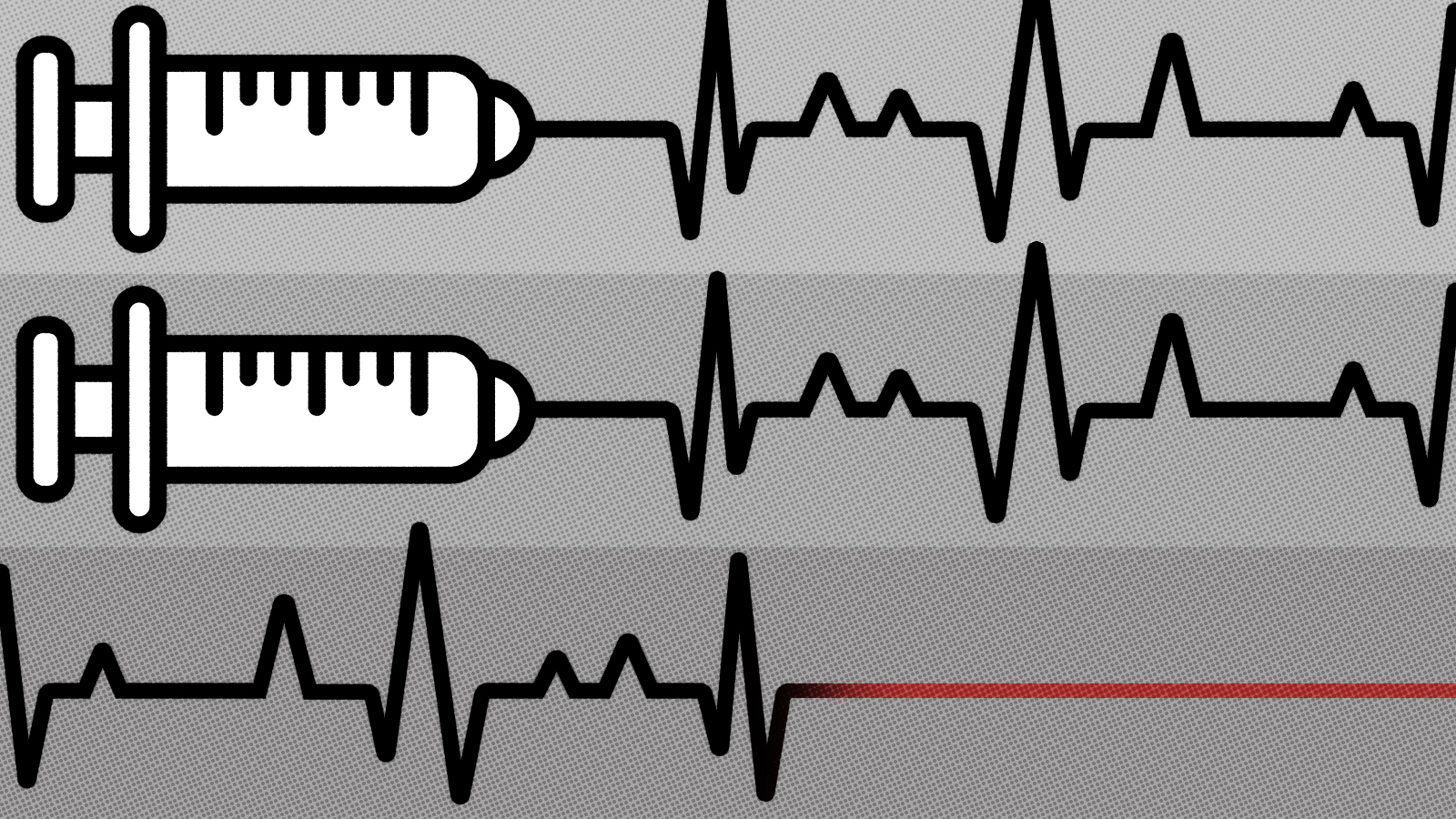 Do unvaccinated COVID patients deserve scarce care? A doctor weighs in.
Do unvaccinated COVID patients deserve scarce care? A doctor weighs in.The Explainer Justice, judgment, and the last ICU bed
-
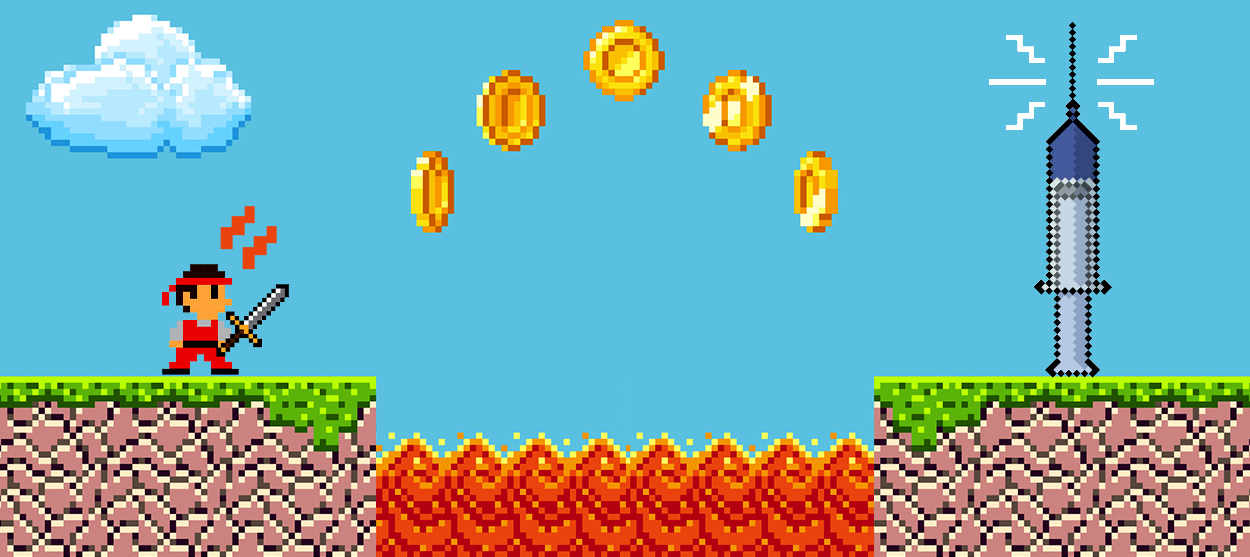 How to vaccinate the anti-vaxxers
How to vaccinate the anti-vaxxersThe Explainer Instead of blaming people for not doing the right thing, let's focus on eliminating the obstacles to vaccination that still remain
-
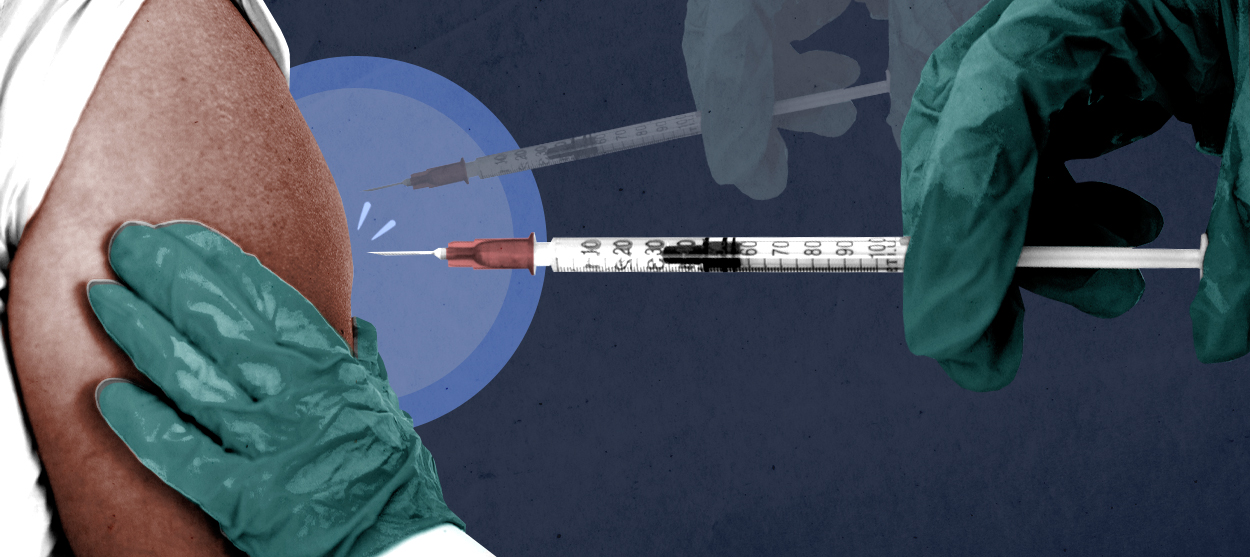 The U.S. could double its COVID-19 vaccine availability overnight. What's the holdup?
The U.S. could double its COVID-19 vaccine availability overnight. What's the holdup?The Explainer How the FDA could approve a more efficient vaccine rollout
-
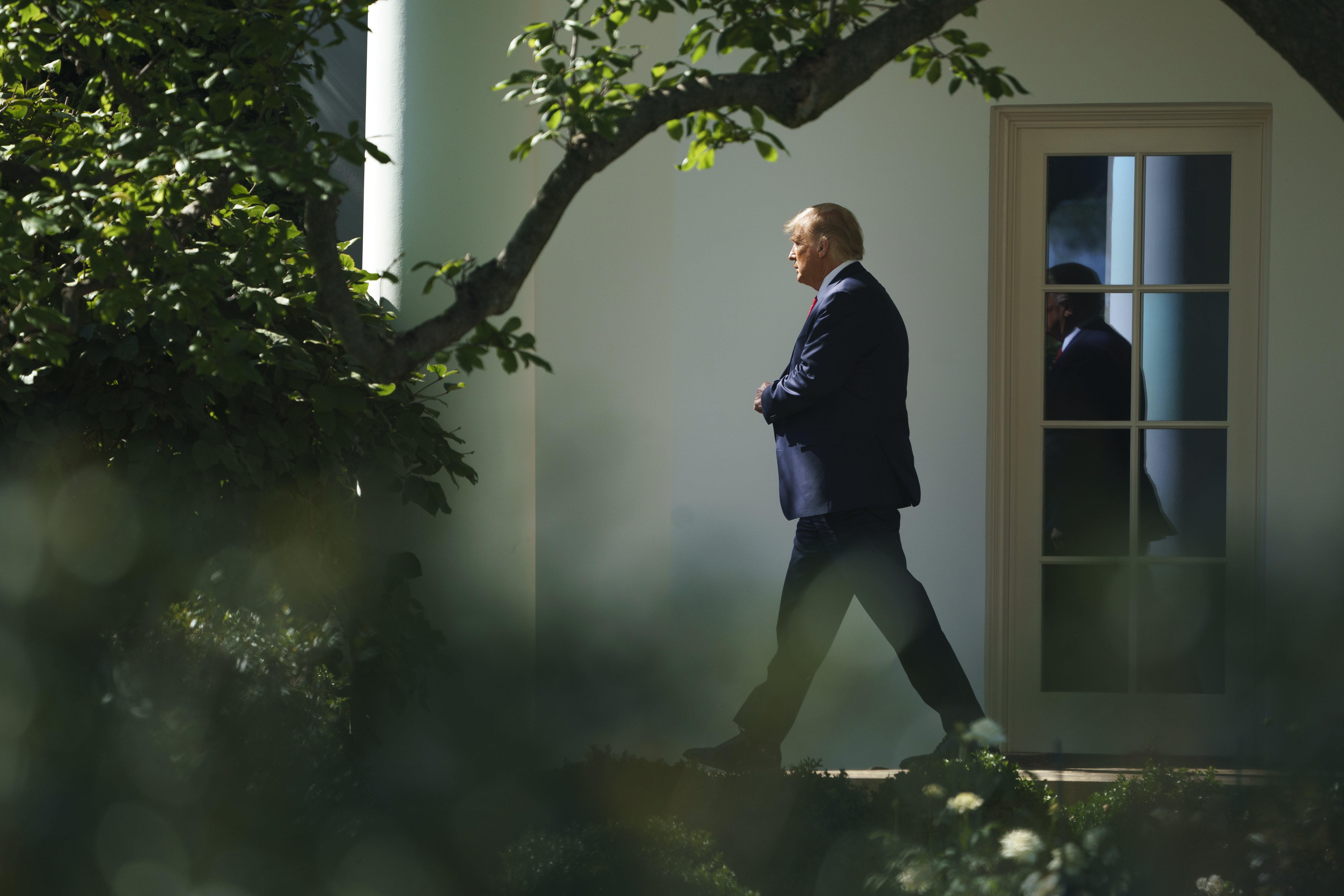 The October Surprise nobody wanted
The October Surprise nobody wantedThe Explainer Trump has COVID-19. Really, 2020?
-
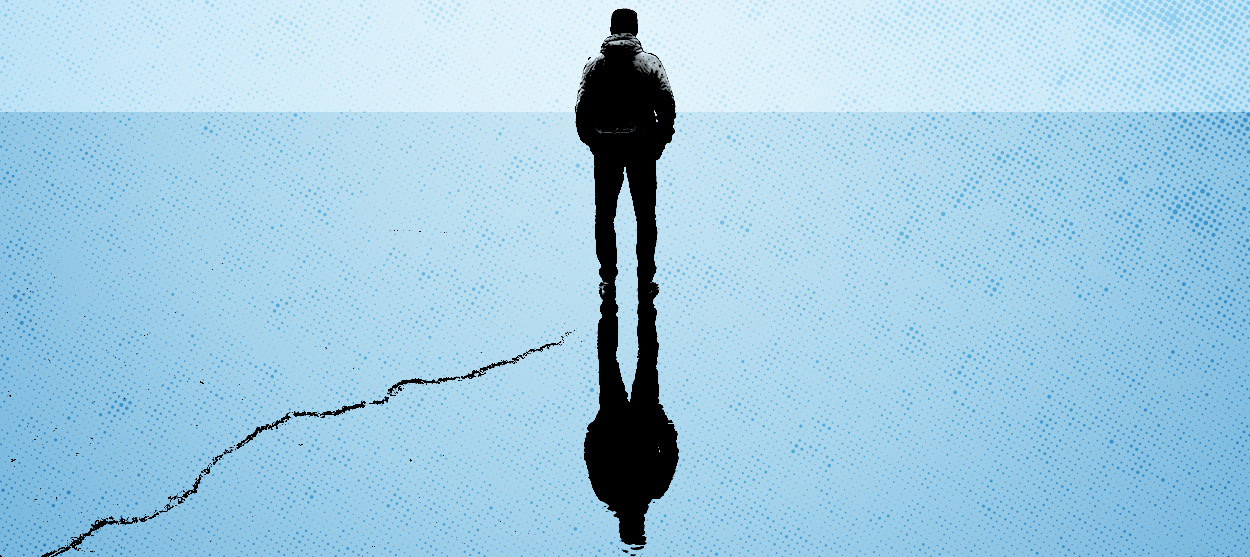 Life is worth living
Life is worth livingThe Explainer What's driving America's rising suicide rate?
-
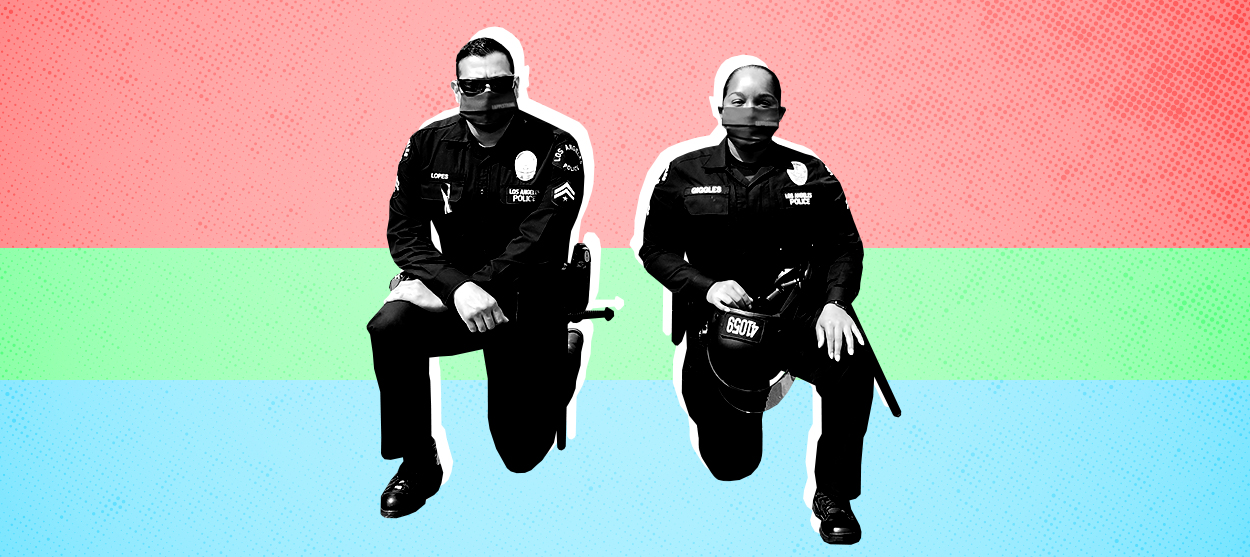 Social workers are masters at de-escalation. Here's what the police can learn from them.
Social workers are masters at de-escalation. Here's what the police can learn from them.The Explainer Knowing how to peacefully resolve conflict, rather than exacerbate it, can save lives
-
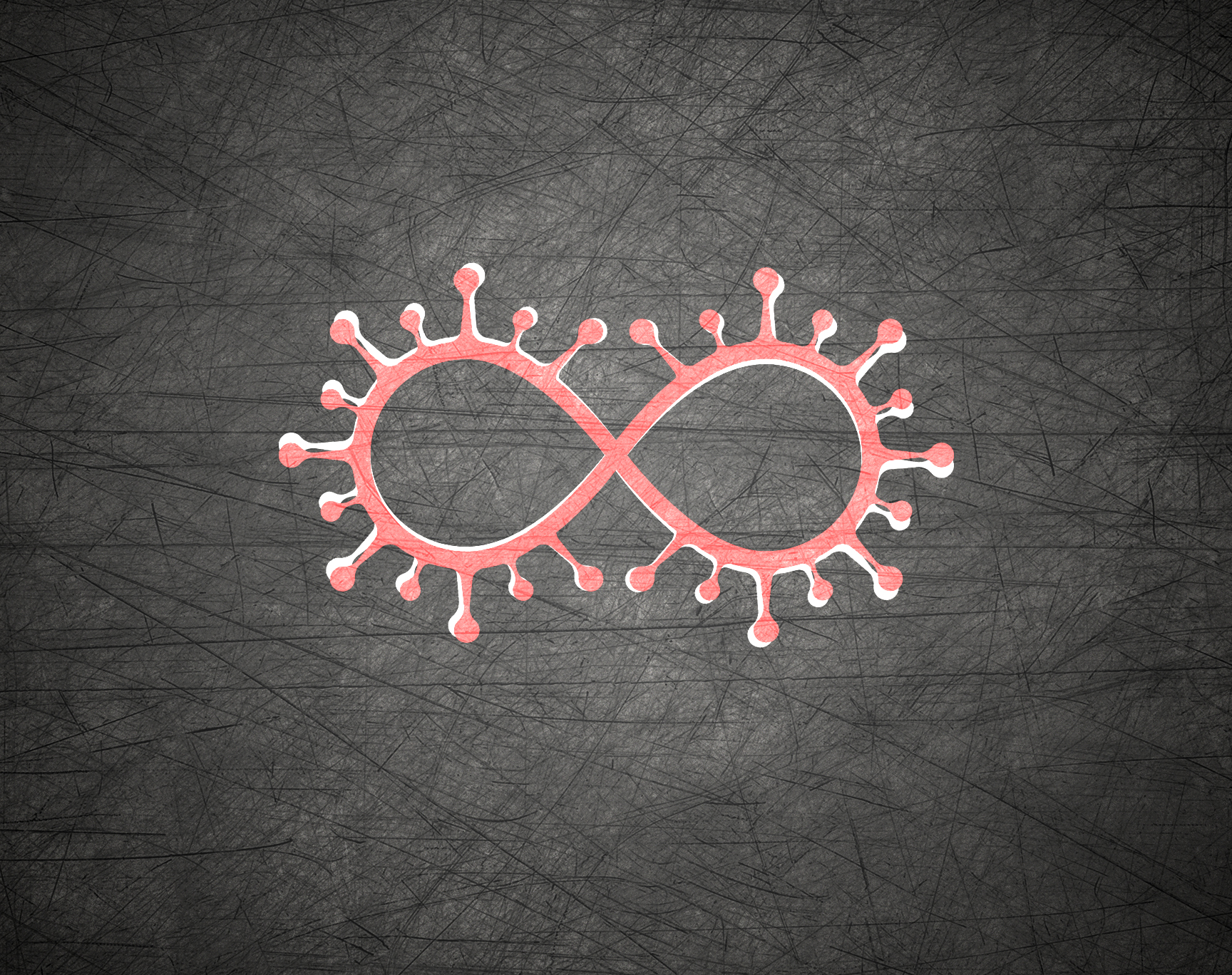 Settling in for the long pandemic
Settling in for the long pandemicThe Explainer Life won't be back to "normal" anytime soon
-
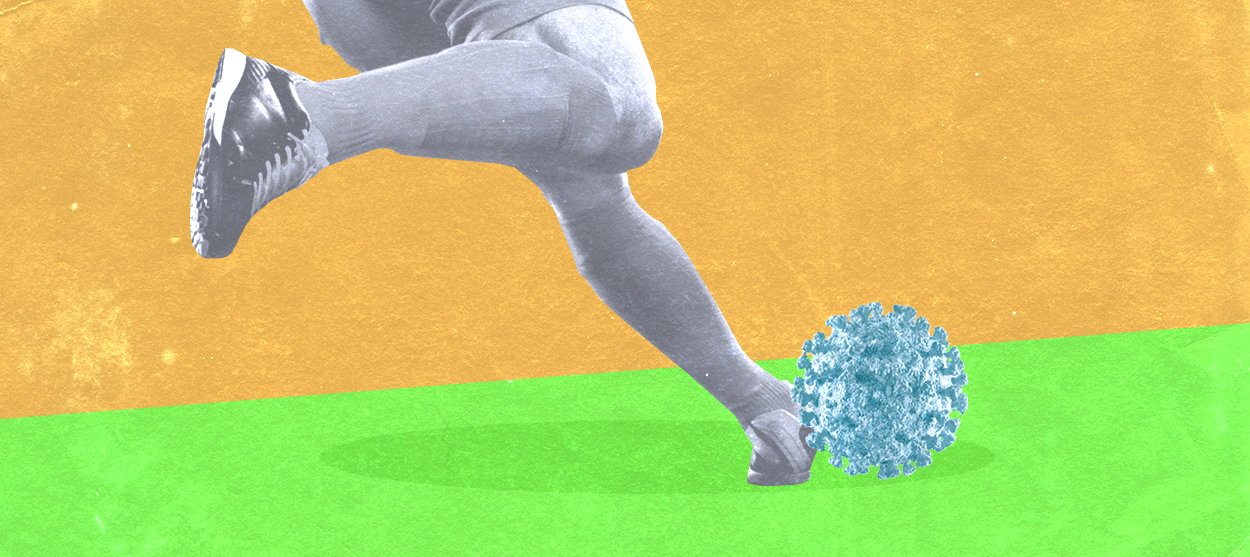 Sports reveal how much America is trailing the rest of the world
Sports reveal how much America is trailing the rest of the worldThe Explainer MLS and other American leagues are stumbling through their pandemic restart plans